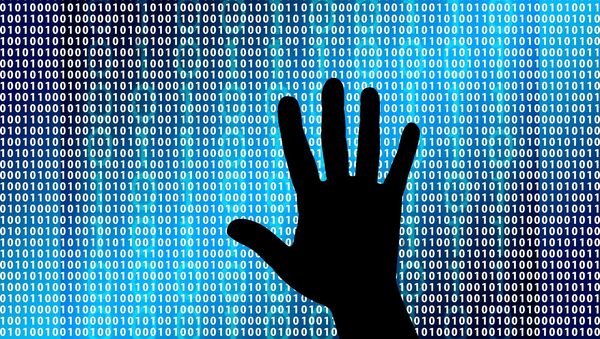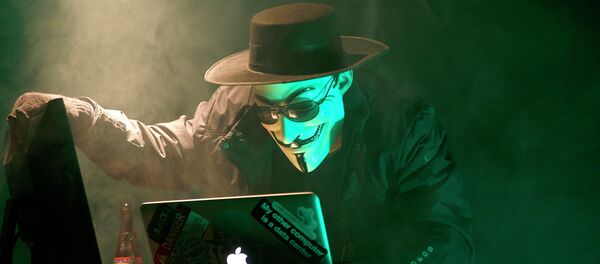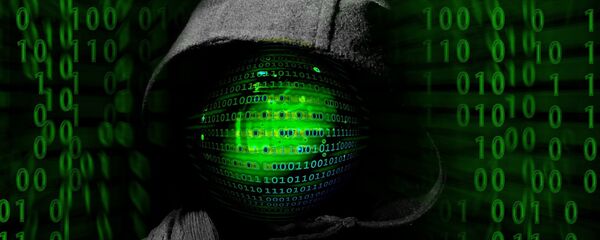“In a world of digital technology where Big Brother is watching us, ensuring privacy is almost an impossible mission. On the one hand, people have every right to protect their online information. On the other, if the state stops looking at what is going on the Web, it won’t be able to track down criminals. We need a balanced approach here making sure that no one can access our personal data without a court order,” Antonio Lioy said.
“As for the US elections, finding the real culprits of the hack attacks is extremely hard. Russian hackers are some of the best around, both where it comes to breaking into company servers or personal accounts and protecting against such attacks. This doesn’t mean, of course, that they have a hand in every hack attack happening these days. This is just an ancient game where ‘I’m watching you and you’re watching me,’” he noted.
Mentioning media reports about the mobile communications of German Chancellor Angela Merkel and former Italian Prime Minister Silvio Berlusconi tapped by “our American allies,” Antonio Lioy said that at a time of major geopolitical upheavals, both military and in the field of information technologies, countries could be tempted to hack their way into their enemies’ command and control centers.
“I would say that we have both real and virtual hack attacks being made these days,” he said in conclusion.
In January, the US Intelligence Community released a public version of a comprehensive intelligence report assessing Russian activities and intentions related to the 2016 US presidential election.
After being briefed on the report, President Donald Trump said the DNC hack did not have an impact the results of the November 8 vote.
Russia has repeatedly denied the US allegations calling them absurd and characterizing them as an attempt to divert public opinion from revelations of corruption as well as other pressing domestic issues.
Never miss a story again — sign up to our Telegram channel and we'll keep you up to speed!




